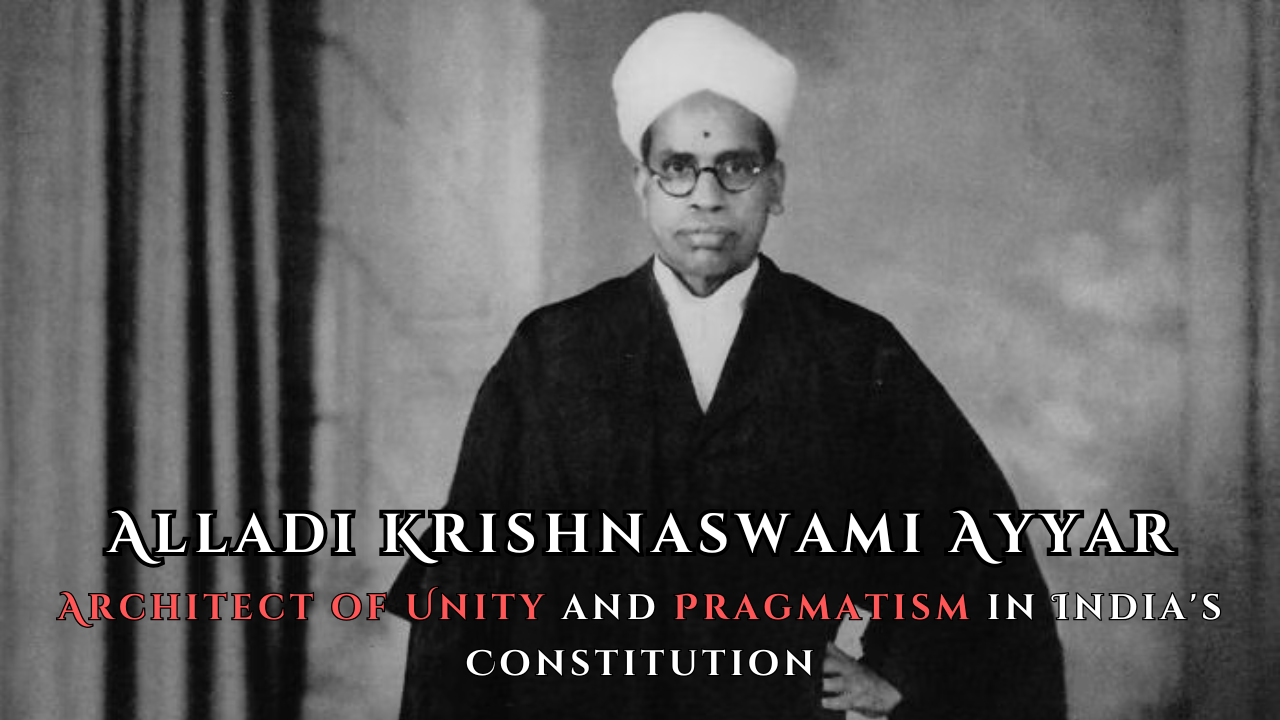Font size:
Print
Teacher’s Day
Context:
Every year, India celebrates Teachers’ Day on September 5, the birth anniversary of Dr. Sarvepalli Radhakrishnan, the second President of India, who was also a teacher and a philosopher.

More on news
- Teachers’ Day was first observed on Dr. Radhakrishnan’s 77th birthday in 1962. When his students expressed their desire to celebrate his birthday, he suggested that, instead of focusing on him, the day should be dedicated to honouring teachers throughout the country.
Dr. Sarvepalli Radhakrishnan
Early Life and Education
- Born on September 5, 1888 in Tiruttani, India to a Telugu Niyogi Brahmin family.
- Studied at Madras Christian College, graduating in 1907 with a bachelor’s degree and 1909 with a master’s degree.
- Wrote his bachelor’s thesis “The Ethics of the Vedanta and its Metaphysical Presuppositions” at age 20, which was published.
- Studied philosophy by chance after receiving textbooks from a cousin, rather than his original interest in mathematics.
Career
- Served as professor of philosophy at Mysore and Calcutta universities.
- Vice chancellor of Andhra University and Banaras Hindu University .
- Professor of Eastern religions and ethics at the University of Oxford.
- Chancellor of the University of Delhi.
- Led the Indian delegation to UNESCO and was elected chairman of its executive board.
- Indian ambassador to the Soviet Union.
- Elected Vice President of India.
Philosophical Contributions
- Grounded in Advaita Vedanta, reinterpreting it for a contemporary understanding.
- Defended Hinduism against “uninformed Western criticism”, contributing to the formation of contemporary Hindu identity.
- Influential in shaping the understanding of Hinduism in India and the West.
- Earned a reputation as a bridge-builder between India and the West.
Awards and Honors
- Knighthood in 1931.
- Bharat Ratna, India’s highest civilian award, in 1954.
- Honorary membership of the British Royal Order of Merit in 1963.
- Templeton Prize in 1975, shortly before his death on April 16, 1975 in Madras (now Chennai).
Role of teachers in inculcation of values
- Honesty in Words and Deeds:
-
- Modelling Behaviour: Teachers can instil honesty by modelling truthful behaviour in their interactions.
- Known as the “Missile Man of India,” Dr. A.P.J. Abdul Kalam, a renowned scientist and the 11th President of India, inspired countless students with his vision for education, emphasising innovation, practical learning, and the importance of nurturing young minds for the future.
- Creating a Safe Environment: Establishing a classroom atmosphere where students feel safe to express themselves without fear of judgement promotes honesty.
-
- Truthfulness:
-
- Character Education: Educators can use real-life scenarios to engage students in conversations about the consequences of dishonesty and the value of being truthful in various contexts.
- Recognition and Praise: Acknowledging and praising students when they demonstrate honesty reinforces this value.
-
- Self-Respect and Respect for Others:
-
- Fostering Mutual Respect: Teachers can cultivate an environment of respect by promoting respectful interactions among students.
- An educationist and politician, Madan Mohan Malviya was instrumental in the establishment of Banaras Hindu University. He emphasised moral integrity and the importance of Indian culture in education, blending traditional and modern pedagogical approaches.
- Teaching Empathy: Educators can facilitate discussions about the importance of respecting others, which in turn fosters self-respect.
-
- Self-Control:
-
-
- Behaviour Management: Teachers can teach self-control by setting clear expectations for behaviour and providing strategies for managing impulses.
- Reflection Activities: Encouraging students to reflect on their actions and the consequences of those actions promotes self-awareness and self-control.
-
- Duty:
-
- Responsibility in Learning: Educators can emphasise the importance of duty by assigning responsibilities within the classroom, such as group roles or project leadership.
- Community Service: Involving students in community service projects can instil a sense of duty toward society.
- Together with her husband, Savitribai Phule opened the first school for girls from the lower castes and marginalised sections of society in 1848. This was a revolutionary act at a time when female education was strongly opposed.
-
- Consciousness:
-
-
- Critical Thinking: Teachers can promote consciousness by encouraging students to think critically about their choices and the impact of those choices on themselves and others.
- Ethics Education: Incorporating ethics into the curriculum helps students develop a conscious awareness of moral principles.
-




